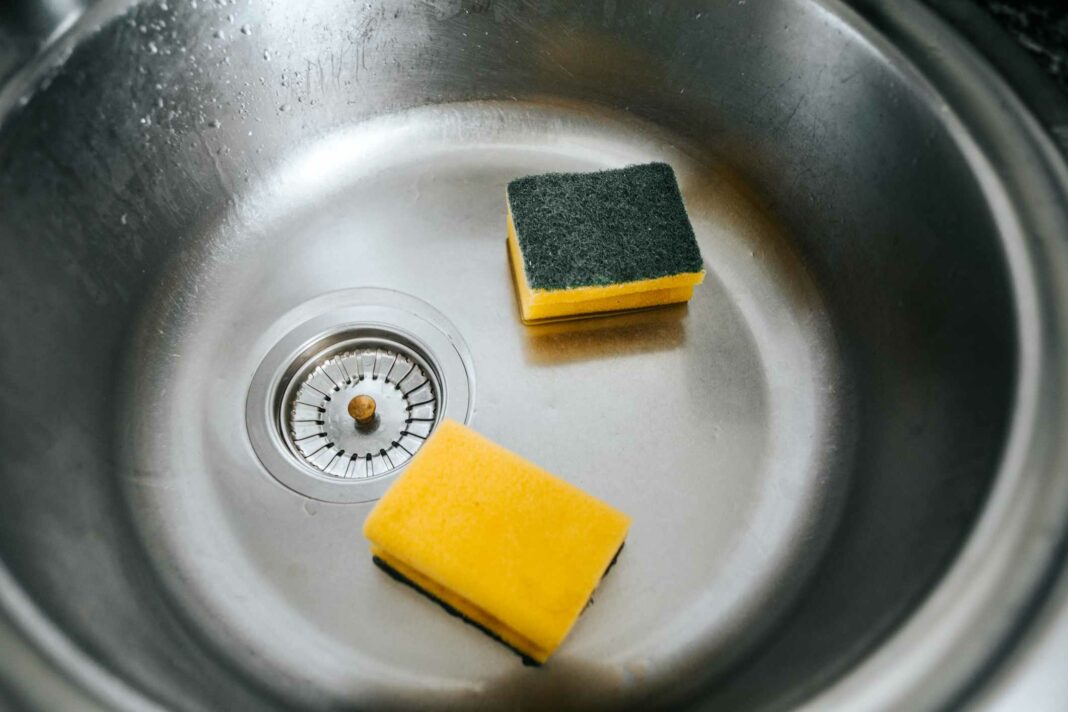What Is RSV (Respiratory Syncytial Virus)?
Symptoms
RSV, or Respiratory Syncytial Virus, is a common respiratory virus that can affect people of all ages. In infants and young children, RSV can cause symptoms similar to a cold, such as a runny nose, cough, and fever. In severe cases, it can lead to bronchiolitis or pneumonia. In adults, RSV can cause symptoms such as cough, congestion, and fever.
Causes
RSV is spread through respiratory secretions, such as saliva, mucus, or sputum. It can be spread through close contact with an infected person, such as kissing, coughing, or sneezing. It can also be spread by touching a surface or object that has the virus on it and then touching your mouth, nose, or eyes.
Diagnosis
RSV can be diagnosed through a respiratory swab or blood test. The swab is taken from the nose or throat and sent to a lab for testing. The blood test can detect antibodies to RSV in the blood, indicating a current or past infection.
Treatment
There is no specific treatment for RSV. Most cases can be managed at home with rest, fluids, and over-the-counter medications to relieve symptoms. In severe cases, hospitalization may be necessary for supportive care, such as oxygen therapy or IV fluids. Antiviral medications may be prescribed in some cases.
Prevention
Prevention of RSV includes frequent handwashing, avoiding close contact with sick individuals, and keeping surfaces clean and disinfected. For infants at high risk of severe RSV infection, such as premature babies or those with chronic lung or heart conditions, a monthly injection of a medication called palivizumab may be recommended during RSV season.
Conclusion
RSV is a common respiratory virus that can affect people of all ages. While most cases resolve on their own with rest and supportive care, severe cases can lead to complications such as bronchiolitis or pneumonia. Prevention is key in reducing the spread of RSV, especially in infants and young children who are most at risk for severe infection.
FAQs
Q: Can adults get RSV?
A: Yes, adults can get RSV, although it is more common in infants and young children.
Q: Is RSV contagious?
A: Yes, RSV is highly contagious and can be spread through respiratory secretions or contact with contaminated surfaces.
Q: How long does RSV last?
A: The duration of RSV infection can vary, but symptoms typically improve within one to two weeks.




